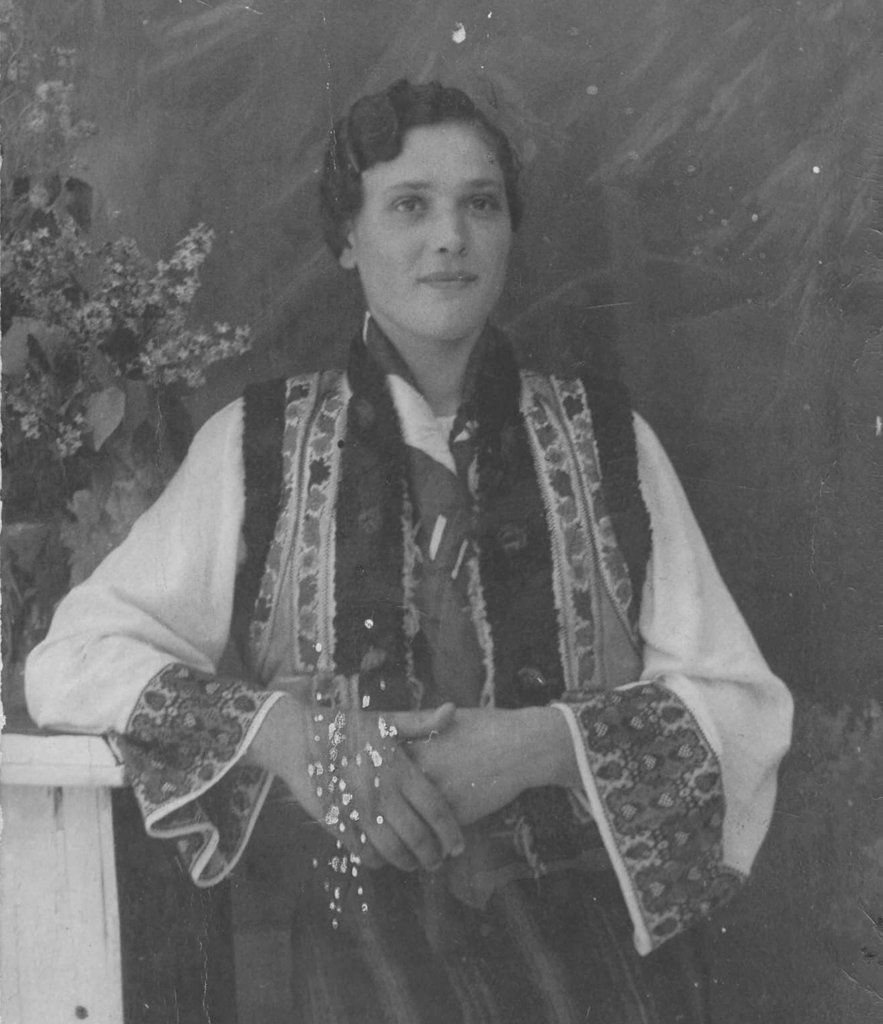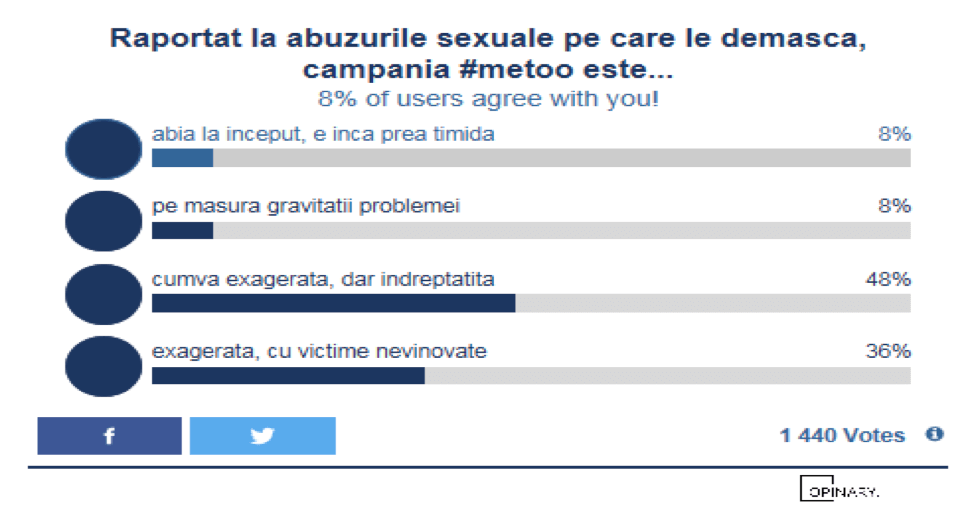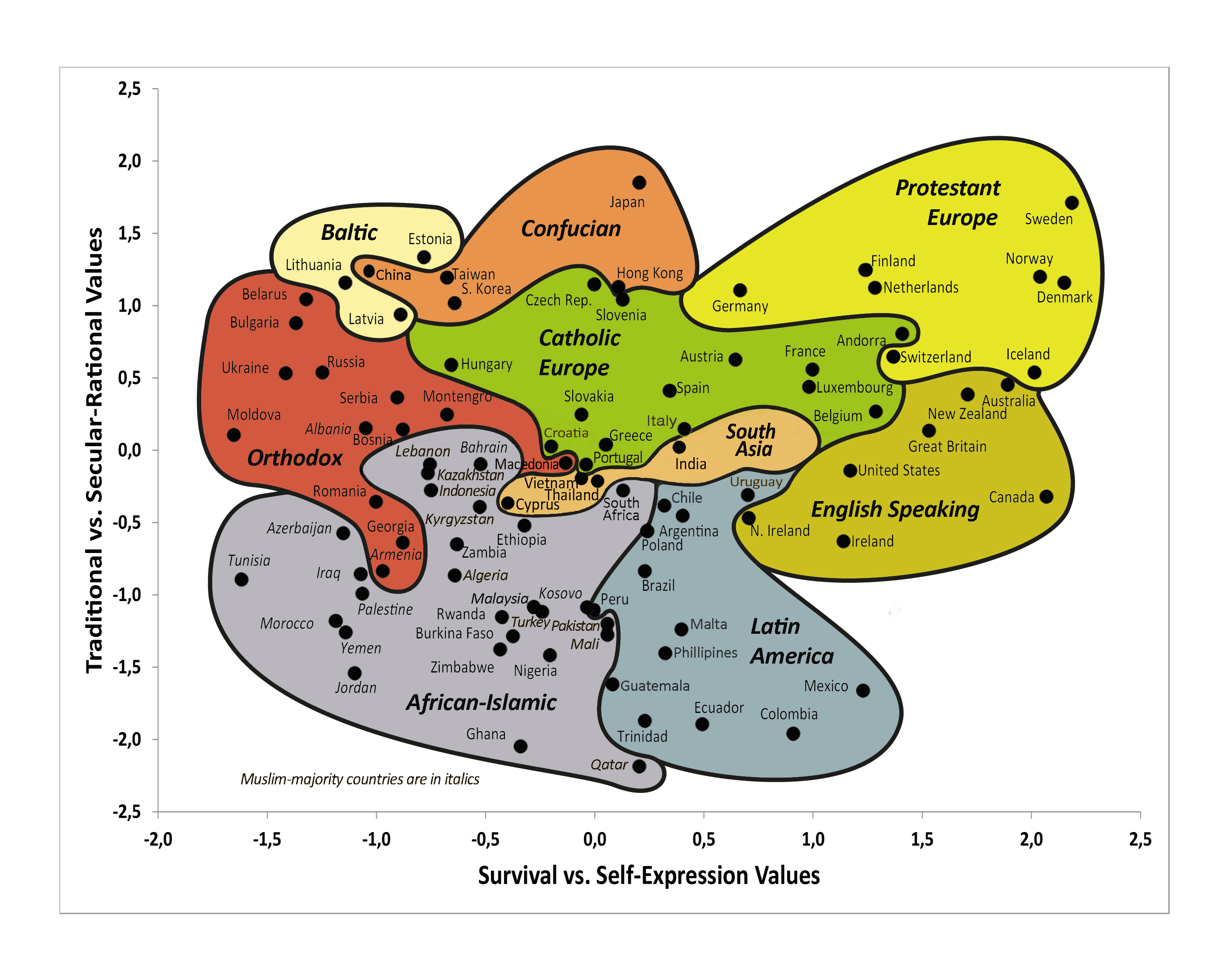In its essence real honour is in contradiction with all forms of slavery, subjugation and imposition, and with all forms of trade and commercialization of human beings, whether they be slaves, women or children. True honour is fundamentally against transforming a human being into an instrument, or an object, a commodity for sale. Nawal El Saadawi – The Hidden Face of Eve
This year we are getting ready to celebrate one hundred years of unity of Romania’s current shape, a century since the end of what was at the time a great flagellation, terminating the immediate domination of Europe’s largest empires. While our history as a people stretches over a much longer time, well beyond the current birth certificate granted to the state, the creation of what we now know to be the territory that constitutes the current state of Romania (bar the current territory of the Republic of Moldova) was established in 1918. As we prepare to celebrate the unity that we are striving towards as a people, we must unpack the layers of sacrifice and love, in the name of perhaps sometimes illusive ideas of honour, on behalf of those whose names often go unmentioned: the majority of women in Romania.
Retracing the lives of the women in our families and their stories can be a very delicate endeavour. We honour our ancestors’ sacrifices, yet we understand that honour and its meaning have changed over time. The reality for many women in Romania today is that they are mistreated for markets that lie outside the country’s borders. The stories of this change can be raw and painful sometimes, with crude and prudery-shaded features from poor country-bound lives intertwined with more recent urban forms of repression.
Truth be told many of us 30+ year old Romanian women quietly wish we had had different experiences as young women in a country where sex is still a taboo subject. Yet this topic is still not considered worthy of public conversation beyond prejudice. Of course it is truly intimate, and of course it needs care. According to the latest legislative developments in Romania, sex education can only be a topic that children are exposed to in school with parental consent.[1] This might be read as an understandably protective measure, one that calls for a certain level of psychological development for the responsible processing of information about a decisive aspect of an individual’s life. On the other hand it reinforces the fact that we don’t really talk about sex unless we absolutely have to, which perhaps betrays a quietly shared sense of repression.

We know that our mothers, aunts and grandmothers suffered great pains quietly and often with little access to safety, while aborting “x” number of foetuses in the early 70s and 80s. As younger women, this is sometimes brought to our attention as we complain about things we are dealing with ourselves. The memory of such pain cannot be easily forgotten, and yet women carry on. After all, the first Romanian movie to win the Palme D’Or and trigger the continent’s attention over a decade ago addressed the skeleton of life-threatening abortions in our Romanian mothers’ closet, “4 months, 3 weeks and 2 days.” More recently people have begun to talk of the “Italy syndrome” which affects Romanian women migrants who are employed in care work in Italy, while at the same time being stripped of their ability to provide care for their own families back home. Perhaps it is also reflective of them not being able to enjoy the intimacy which they already share with another loved one.
It might be true that middle-class projection asks questions differently, but sexuality is again becoming a battleground, between guilt-laden mothers and what we oftentimes imagine to be asexual women whose life condition is somehow a barrier to intimacy. Some of our mothers’ prudish sexuality and their quiet pain, as well as our knowledge of it, means that there is a need not only to try to just quietly understand and accept things, but also to express and care for our sexuality, to not shy away from it. Even so, we too are mindful of not falling into a certain kind of trap, one we have been warned about by intellectual voices exploring female subjectivity in earlier days, such as Gayatri Spivak who noted that “the establisher of the good society is marked by the espousal of the woman as object of protection from her own kind.” Perhaps Romanian women do not need to be saved from Romanian men, but it can certainly feel that way sometimes.

We must somehow “translate the truth into something that governments might care about” to use Elizabeth Pisani’s words, no matter how frustrating or quietly shamed our shoulders may be by the weights they carry from the stories surrounding us. On the battleground of negotiated forms of masculinity and femininity trying to adjust to each other in a predominantly outdated setting, the costs of non-alignment are increasingly harsh for women to ignore. For women must betray something it seems, either their families or themselves.
Sharing in the lived experiences of family members can help us. As I understand how both of my great grandmothers were raised without a father, both of whom died in the First World War, I can also come close to understanding the pain of imposed imbalance. The pain of wars being brought into homes with mothers having to restlessly plough on with their own lives and keep going, the pain passed on to fatherless children. These were truly strong women, but thinking about what the word strong hides is quite painful.
I also know of encounters with physical violence, not too frequent, but important, and ones that every family must learn to overcome so that we can move on. And yet, in some families, they left, perhaps unwillingly, a quiet legacy of victimhood, to those whose sensitivity or emotional capacity for absorbing the pain around them is greater than meets the eye. Perhaps they were unaware that there were other ways to live as women and so it becomes clearer how unexpressed and unquestioned sexual energies can contribute to tacit family needs of not being shamed, even if the year is 2018.
It is one of those burdens that many women seem to be quietly carrying around as they struggle to find a path towards balanced feminism and bringing men along with them in still uncomfortable conversations. When one looks at the recent #metoo campaign, that has also reached Romania, some online opinion polls still quietly reflect the need to carry on, regardless, but it is perhaps an understandable confusion, as overreacting and letting things go are part of ongoing personal negotiations. We must not turn things into a war between ourselves, but we must equally be careful of what we tacitly condone.

Perhaps most women never knew that such a legacy could be left – that of a certain kind of “womanlessness”, a rather asexual kind of subjectivity or one that was so profoundly submissive that it was only partially created in its own right, and mostly dominated by its counterpart. Perhaps it is a way of keeping something still very private, as the world restlessly begs for exposure these days. It is not that it was or that it is all just bleak and bad, our mothers and grandmothers laughed and took comfort and joy in life, they were beautifully strong women. A lesser known documentary filmed in Romania in 2014 “Stream of Love” looks at a community of Hungarian speaking elders in Transylvania and treats sexuality from a healthier and happier angle, one where old age does not intervene with desire, lust, the wishes that make us beautifully human. Not to mention that there is a certain light-heartedness that oftentimes prudishly, yet candidly, expressed sexuality can be packaged in.
“No data, no problem?”
Painful experiences are measured differently now. It seems that Romania has started tracking cases of sexual abuse that takes place in families from 2014 onwards. Needless to say that while we are improving the way in which we measure and acknowledge violence, the underlying logic continues to be “no data, no problem”, to quote Pisani again. But in the 2016 Global Slavery Index, part of what is fleetingly captured is what we have known all along, namely that Romanian women account for most of the victims of human trafficking in the EU, most of them used for sexual exploitation and unsurprisingly “recruited by acquaintances, friends or relatives, sometimes with violence.”
Some families may be more broken than we want to acknowledge. Poverty will surely account for more than half of the story, but it simply cannot account for all of it, lest we think that absolutely nothing has moral implications or repercussions. Complement this picture with what is seemingly one of another flourishing industries in Romania that women are being drawn into or often choosing, that of sexcams and videochats. Perhaps caring souls from the East can give comfort to at times lonely and needy North American and Western European men. So who do we really need saving from as our country seems to be catering to the sexual and emotional needs of other cultural spaces?
We look for explanations in different ways of envisaging the world, ones that go beyond dry interpretations. We look at charts that try to measure the imponderables that we carry around. At times contested, the World Values Survey is a tool that tries to capture people’s beliefs, values and motivations, and how these shape topics ranging from social capital, to religion and subjective well-being. According to WVS Romania is slipping back into a more traditional mental setting, perhaps because we cannot quite ignore the need to retract into the shells of comfortable memories of a time when dysfunctionality was less present or hidden more aptly. Or perhaps it does reflect something that is being increasingly challenged, yet seen as outdated, such as the need to place at least some value on notions such as family and faith, a need to keep some sort of unity in the face of increasingly individualized takes on the world.

So as we understand that beliefs shape economic development, and as we struggle to let go, leaps into migration can become a solution, perhaps a leap into a type of subjectivity that women might otherwise be unable to design for themselves. According to the National Institute for Statistics, almost half of the migrants that have left Romania in the past decade are women. This is unquestionably driven by the overall demographic data in the country and by economic need, but it is also a leap that perhaps at times unveils more than just economic needs alone, it may well come with a different sense of liberation, one that remains unexplored.
As we balance contradictions of an inner-dialogue between “ostentatious and understated”, some of the data captured pushes us into a corner. We all know that a sense of honour is important as we acknowledge our ancestry and ourselves. As we realize that 100 years have passed since our great-grandmothers and then our grandmothers were struggling to live as women, not just daughters, mothers or carers, perhaps part of their sacrifice was made so that women later on would not fall victims of trafficking, so that they would not be economically and emotionally abused. Perhaps they did it thinking that we all deserve much better than this, because they too shouldered much of what we take for granted today.
*Lead image: personal collection, Roxana Iacoban. All rights reserved.
[1] The latest proposed amendment to Law 272/2004 is that children require the consent of their parents in order to access sexual education classes, and teachers and school management representatives risk being either fined or imprisoned. The Law was passed in Senate in November 2017.
![Political Critique [DISCONTINUED]](https://politicalcritique.org/wp-content/uploads/2015/09/Political-Critique-LOGO.png)
![Political Critique [DISCONTINUED]](https://politicalcritique.org/wp-content/uploads/2015/09/Political-Critique-LOGO-2.png)